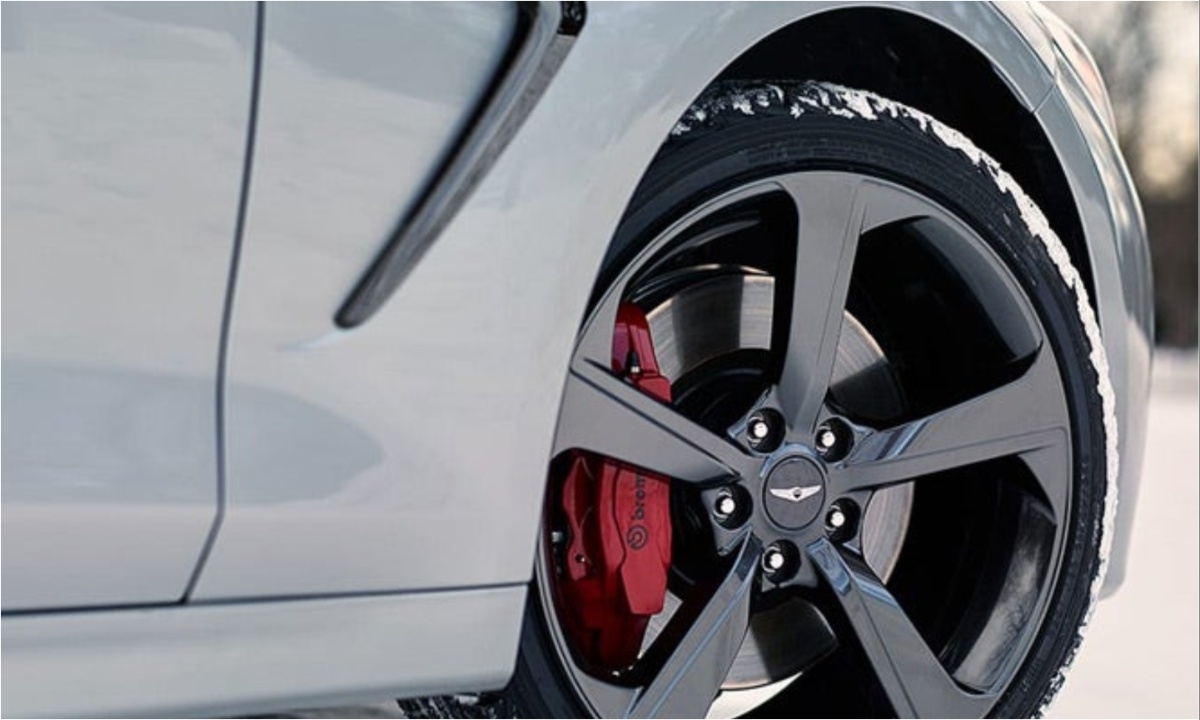For many, their car represents one of the most valuable possessions they own, second only to their home. As much as we depend on them, cars inevitably face issues as they age, leading many owners to seek protection through car warranties. But what exactly does a car warranty entail, and is it worth the investment? This guide will walk you through the key details, helping you make informed decisions about car warranties, extended coverage, and more.
What Exactly is a Car Warranty?
A car warranty is essentially a service agreement between the vehicle owner and the manufacturer or warranty provider. The agreement guarantees that if certain parts of your car fail due to defects, the warranty provider will cover the cost of repairs or replacement, up to certain limits. Importantly, warranties typically cover defects in material and workmanship, but not accidental damage or misuse of the vehicle. It is designed to protect you from unexpected repair costs that might arise due to manufacturing faults.

Duration and Mileage: How Long Does a Car Warranty Last?
Car warranties are usually valid for a set duration or mileage, whichever comes first. A common warranty period is 3 years or 36,000 miles, although this can vary by manufacturer. Typically, car owners are more likely to hit the mileage limit before the time limit, especially since the average American drives around 14,500 miles per year. This means the standard 36,000-mile limit can be reached well before the three-year mark. With cars often lasting over a decade, many owners will find themselves outside of the original warranty coverage within just a few years of owning their vehicle.
The Cost of a New Car Warranty: What’s Included?
When you purchase a new car, the cost of the warranty is typically included in the price. So, while you won’t pay extra for this coverage upfront, it’s important to understand what you’re getting with your warranty and what’s not covered. New car warranties cover many types of repairs, but specifics vary by manufacturer and the type of vehicle.
Different Types of Warranties That Come With a New Car
New cars often come with multiple layers of warranty coverage, each designed to cover different aspects of the vehicle. These include:
Bumper-to-Bumper Warranty: This is the most comprehensive type, covering almost every part of the vehicle except for things like tires and normal wear items. A typical example might be a 3-year/36,000-mile warranty.
Powertrain Warranty: Focusing on the mechanical components that make the car run—such as the engine, transmission, and drivetrain—this warranty usually lasts longer than the bumper-to-bumper warranty. It might be 5 years or 60,000 miles.
Restraint Systems Warranty: This covers essential safety features such as airbags and seatbelts, often for a similar length to the powertrain warranty.
Corrosion Warranty: Protects against rust and other forms of corrosion, typically for a period of 5 years, though it can vary by manufacturer.
Emissions Warranty: This ensures the car’s emissions systems function properly and meets federal and sometimes state-specific standards. It can extend for several years, especially in places like California, where emissions standards are stricter.
Hybrid and EV Component Warranty: Electric and hybrid vehicles often have specialized warranties that cover high-cost components like batteries and electric motors.
Each warranty is designed to offer protection for different parts of the vehicle, ensuring that owners aren’t left with hefty repair bills for certain defects.

What Does a Car Warranty Cover: The Essentials
A typical car warranty covers repairs and replacements for parts that fail due to manufacturing defects, provided they are not caused by accidents or misuse. For example, if your air conditioning system stops working due to a defect, the warranty will cover the cost of fixing it. Similarly, if the engine fails because of a manufacturing flaw, the repair costs will be taken care of.
However, warranties do not cover normal wear and tear, such as brake pads or tires that need replacing due to regular use. If a part fails earlier than expected, it might be covered under warranty, but regular maintenance items aren’t included.
Will a Car Warranty Transfer if I Sell My Vehicle?
When you sell your car, most warranties can be transferred to the new owner, which can add value to the car and make it more appealing to buyers. However, the terms of the warranty may change once the vehicle is sold. For example, a 10-year/100,000-mile powertrain warranty might shrink to a 5-year/60,000-mile warranty if the car is resold. Always check the specifics of the warranty transfer terms with the manufacturer before selling.
How to Find Out if Your Car is Still Covered
To determine whether your vehicle is still under warranty, you need to consider both the mileage and the purchase date. First, check the odometer to see how many miles the car has been driven. If you’re unsure about the date of purchase, you can use the Vehicle Identification Number (VIN) to find out. A dealership can look up the purchase date and tell you when the warranty expires based on that information.
The Extended Warranty: A Post-Warranty Safety Net?
Once your car’s manufacturer warranty expires, you might be offered an extended warranty, often referred to as a service contract. This type of warranty allows you to continue enjoying some level of protection against unexpected repairs. However, extended warranties vary widely in terms of coverage, and many are sold by third-party providers. It’s essential to evaluate the options carefully to avoid falling victim to scams or paying for unnecessary coverage.
Extended warranties generally cost extra and may include a deductible, similar to car insurance. Some offer comprehensive coverage, while others only cover specific parts like the powertrain. Be cautious of deals that seem too good to be true, as some providers may use misleading tactics to entice customers into purchasing warranties that offer little to no value.
The Price of Extended Car Warranties: How Much Do They Cost?
The cost of an extended car warranty can vary significantly based on the make and model of your vehicle, the level of coverage you want, and the provider. Expect to pay anywhere from a few hundred to a few thousand dollars. Premium vehicles or luxury cars may require more expensive coverage, while mainstream cars might have more affordable options. Before purchasing, it’s crucial to compare various providers and their offerings to ensure you’re getting the best value for your money.
Watch Out for Scam Offers on Extended Warranties
Many car owners receive phone calls from individuals claiming to offer extended warranties for their vehicles. These calls are often scams designed to trick you into paying for a warranty that doesn’t provide any real protection. Reputable companies will never cold-call you to offer a warranty. If you’re ever unsure about an offer, hang up and contact your car manufacturer or a trusted dealership directly.
Is an Extended Car Warranty Worth It?
Deciding whether to purchase an extended car warranty depends largely on the vehicle’s reliability and the cost of potential repairs. For many newer cars, the cost of an extended warranty may not justify the protection it offers. However, for luxury or high-performance vehicles that are expensive to repair, an extended warranty might save you money in the long run. For those with vehicles that have a proven track record of reliability, setting aside money for repairs may be a better strategy.
How to Spot a Reliable Extended Warranty Provider
When buying an extended warranty, it’s essential to choose a provider with a solid reputation. Start by considering options from well-established companies like your car manufacturer, your bank, or a reputable warranty provider. Look for businesses with good reviews, a high Better Business Bureau rating, and customer testimonials. A trusted company is more likely to honor their commitments and ensure that your warranty repairs are handled smoothly.
A car warranty is a valuable tool for protecting your vehicle and your finances. However, it’s essential to understand the terms and conditions of your warranty, including what’s covered and what’s not. While extended warranties can offer peace of mind, they may not always be necessary, especially for newer cars. By doing your research and choosing the right provider, you can make informed decisions that suit your needs and budget.

